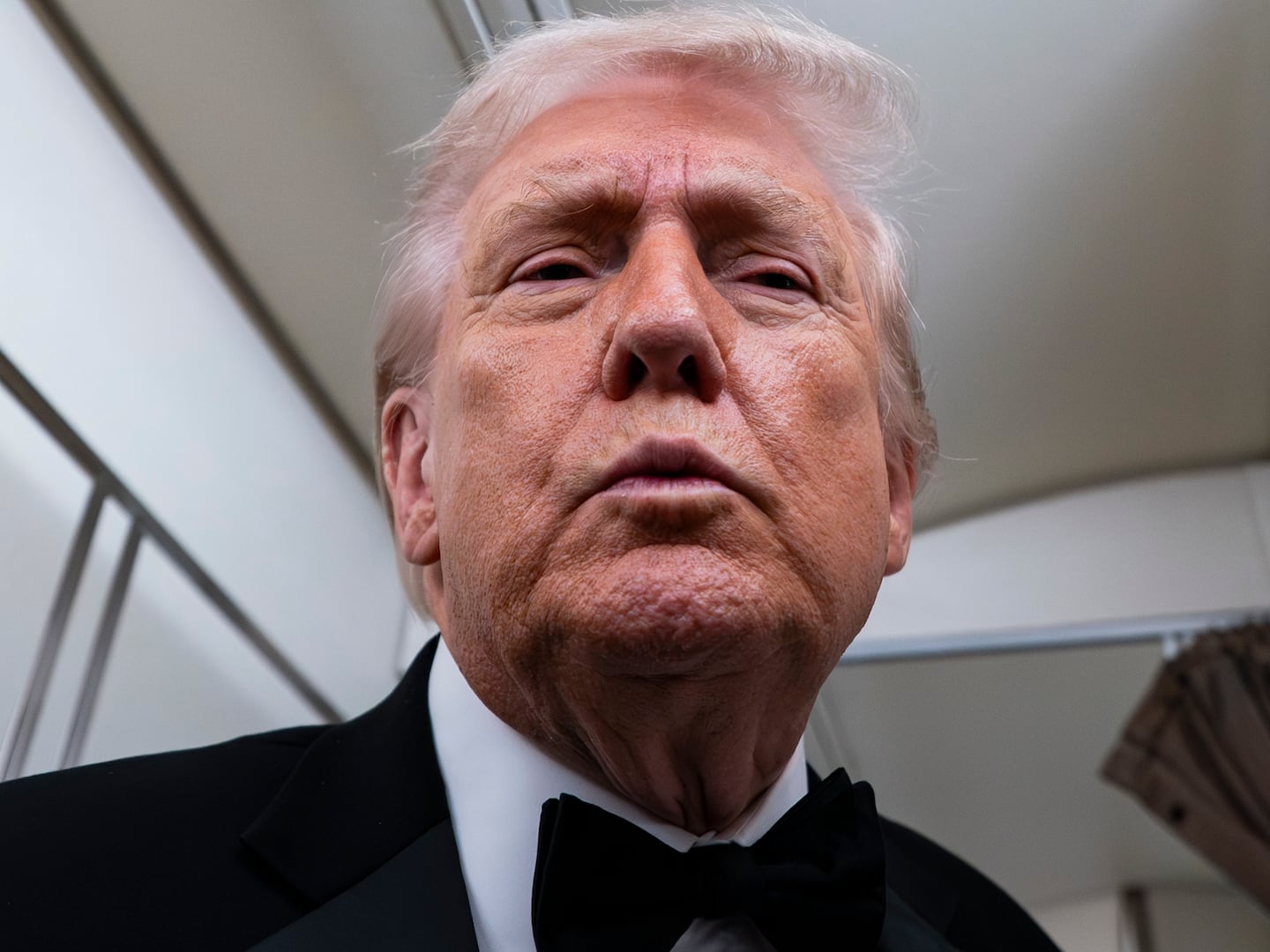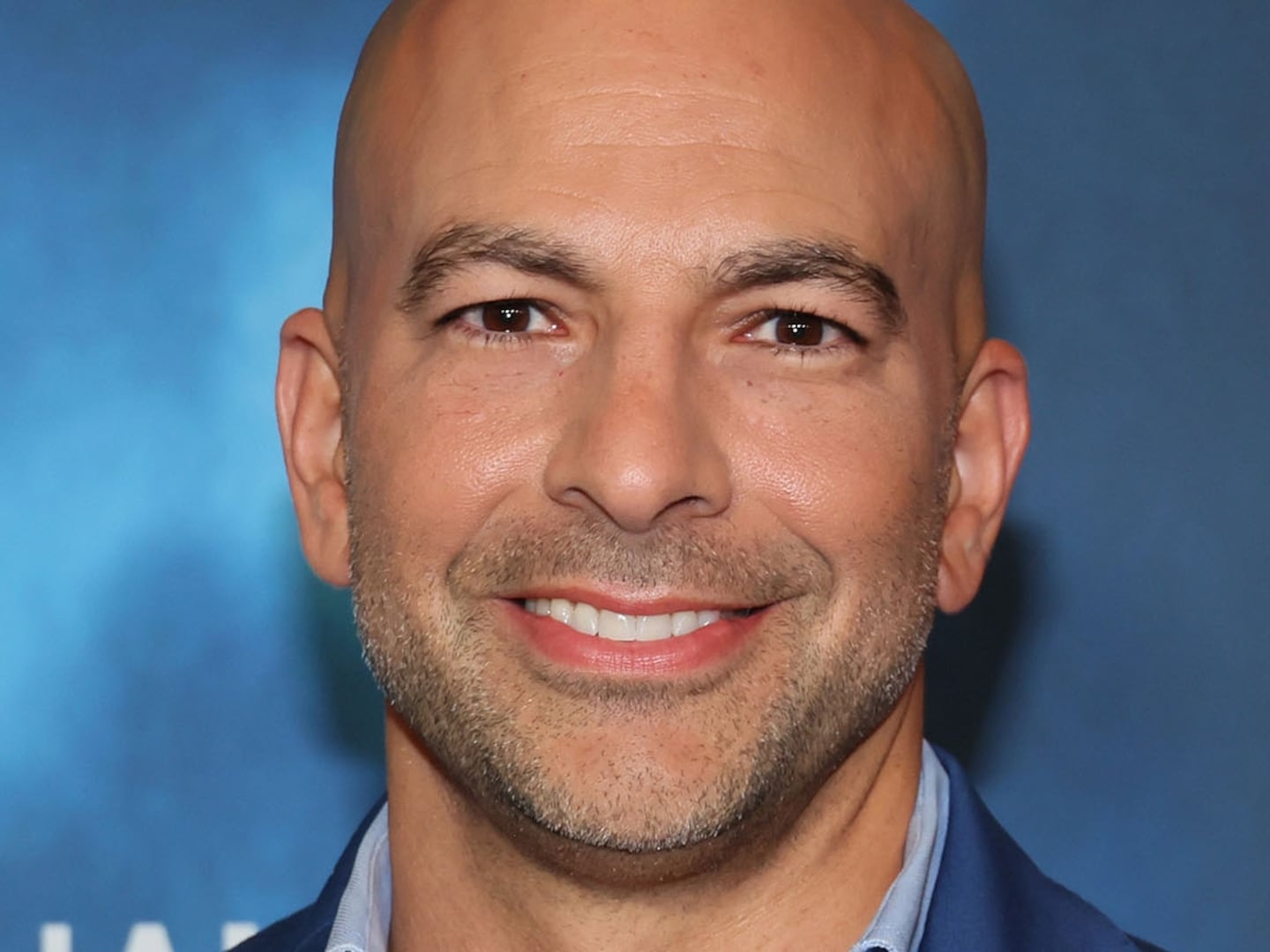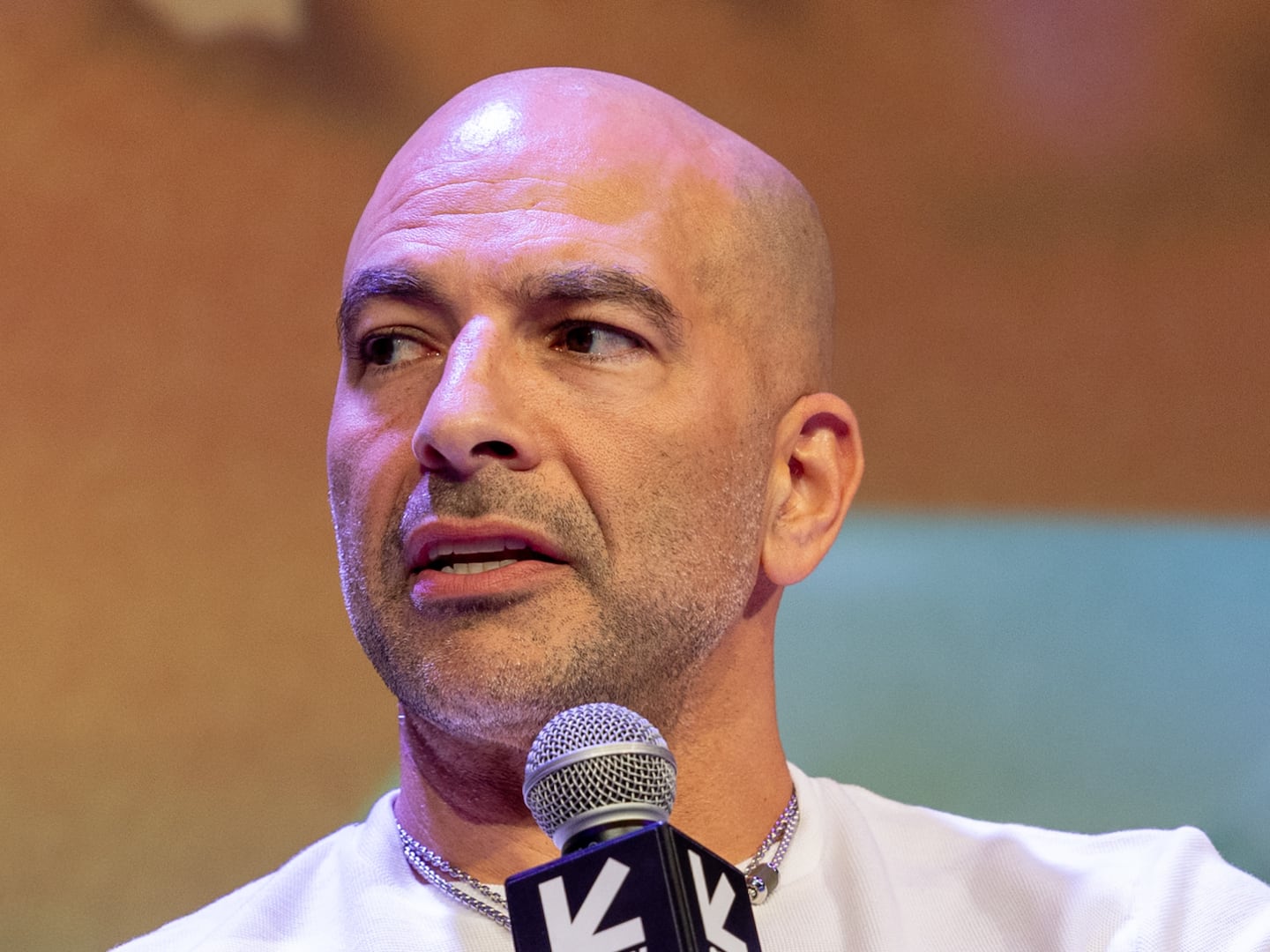What goes through the mind of a school shooter? In the past days, we've all asked that question. The following is one attempt at answer. It was sent to me by a young person living in an East Coast metropolitan area. I am satisfied that the autobiographical facts described are true to the teller's memory and experience. The story is troubling, but important to consider. For reader ease, I have broken the essay into three parts. I am glad to report that the author is now personally stable, a college graduate, and gainfully employed.
This is the second of a three part essay that was submitted by an anonymous young writer.
******
I didn't act the way I did because I was a sociopath. Yes, I have more difficulty feeling empathy than other people. But I can feel anxiety - acutely - and sociopaths can't, because their amygdalae don't function. Moreover, for me, a mass shooting followed by suicide would have been an act of despair, which is something else sociopaths would be unlikely to feel, given that they emotionlessly focus on self-interest.
I was never diagnosed with disorders like Oppositional Defiant Disorder or Asperger's Syndrome. In fact, my therapist - a saint who I will have much more to say about later - has explained that genuine instances of ODD are very rare. As to Aspergers, one of my strongest suits, even at my most troubled, was always a superior ability to communicate, and that is the polar opposite of what you see in children so afflicted.
How I acted had nothing to do with violent video games or movies. If anything, they were cathartic - especially the video games, which were a way to get the poison out of my system by attacking pixels instead of people. Same thing goes for loud, angry music, which offered a release for my anger, or at least a way to engage with it without breaking something or someone.
I was not raised by gun nuts. My father left when I was quite young, leaving me in the care of my mother, who had Michael Bloomberg's sensibilities about guns. I tried to buy a gun when I turned 18. My mother refused to have it in the house, which led to an ugly and frightening fight between us. Her strong will was a more effective form of gun control than any background check would have been.
What was wrong with me, then? If I had a mental illness, it does not have a time. But the results can be described in very simple English: I was socially isolated, and I was smart.
I realize how cliche and seemingly insufficient that sounds. After all, the stereotype of mass shooters is that they're bullied and/or loners. I was both, and in retrospect, I think the "loner" part is the part that nearly did it for me, and is probably the part that does it for other people. It's one thing to have companionship even though other people look down on you and make your life unpleasant. When the whole rest of the world seems to have decided to ignore you, except to occasionally kick you, then the reason to go on caring about others starts to look elusive.
Isolation alone does not make someone a mass murderer, but it certainly can amplify already existing afflictions. Why do you think so many people go utterly insane in solitary confinement? Being isolated by your peers doesn't rise nearly to that level of strain on your sanity, but the same principle is at work.
So what causes someone to be isolated and/or persecuted? This is where being smart comes in. As anyone who's encountered a really smart person could tell you, eccentricity and intelligence are frequently close cousins. This is why you'll hear that so many troubled kids, prior to their mass murdering careers, were engineering buffs, or entered college two years early, or could talk intelligently about subjects as diverse as Greek mythology and Einsteinian Physics at the age of 13.
I don't say this to brag, but just to illustrate the problem: I was the sort of kid who figured out geometric laws that aren't usually taught until high school while idly thinking about multiplication at the age of 7, and was doing basic algebra at 8. I'm not so smart that I will create the next Google. But I was just smart enough to have no hope of finding friends at your standard American junior high school.
When your brain works more efficiently than everyone else's, that means it performs most mental tasks more efficiently than other people, including go crazy. Worse, because a smart person's brain is so good at running through hypotheses and rejecting them, it tends to come up with insanity that's more resistant to basic therapy, because the rationalizations are built to withstand the assault of a genius level intellect. When people say genius and insanity are close cousins, this is what they're talking about.
And when you're isolated from other people, your own mind - and its crazy ideas - becomes the only company you have.
This is even more dangerous when you're young. Why? Because, as psychologist Jonathan Haidt observes, the brain is less a check against your emotional urges, and more a lawyer for them. When you're young, this means your brain is basically the equivalent of Lindsay Lohan's lawyer: it may be the best advocate out there, but at bottom, it's still defending every kind of immaturity and poor decision-making there is. In a position of pervasive social isolation, this process accelerates, because there's no one there to let you know how much you're misinterpreting everything around you by offering a contrary interpretation. I can say in retrospect that most of my isolation was probably self-imposed, because I was so convinced everyone hated me that I never bothered to find out. Yet that's not how it felt at the time, and there was no one to snap me out of it. Not even my mother could do that.
Moreover, this kind of solitary confinement inside your won head breeds paranoia and lack of empathy, even where none existed before, because when you only live inside your own head, after a while, you fail to notice that anyone else is really human. They become means to an end, an end like getting media attention for your suffering by shooting them.
Can the tendency by society to isolate and shun people like me until they go mad be countered? I don't know, but I hope that by putting its existence to print, someone might take a step to mitigate it. Sappy as it sounds, the day I stopped being dangerous was the day I learned what it was to really have friends, and by extension, to care about others, even if only (so far) a limited number of others. Society doesn't create these disorders, but it can amplify them, and by extension, it can diminish them.





